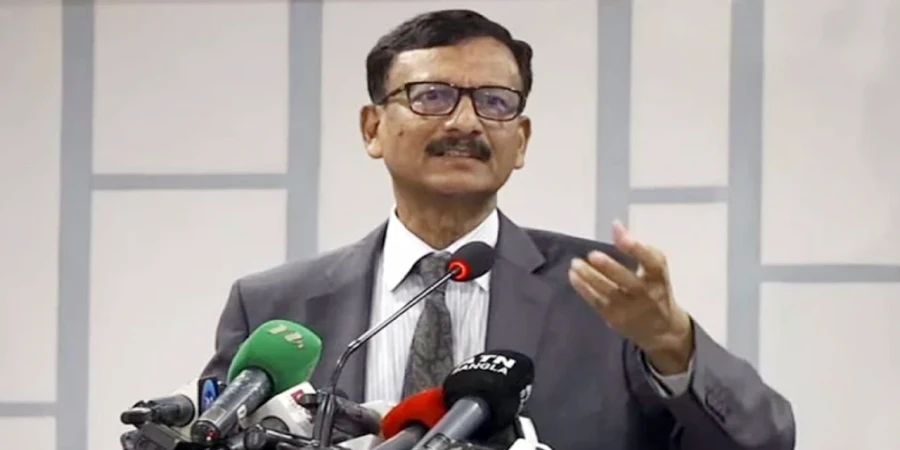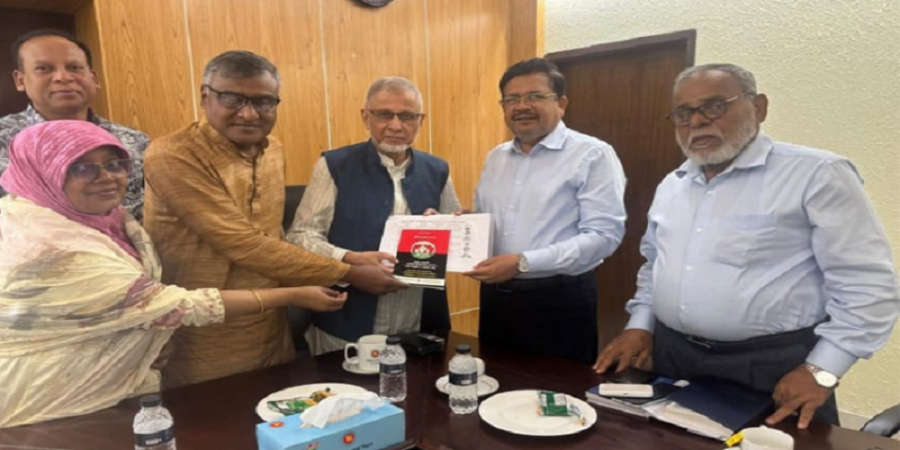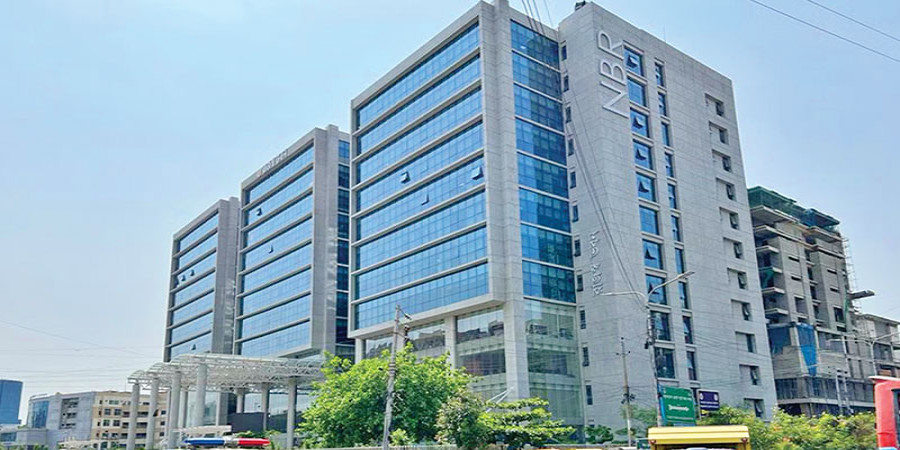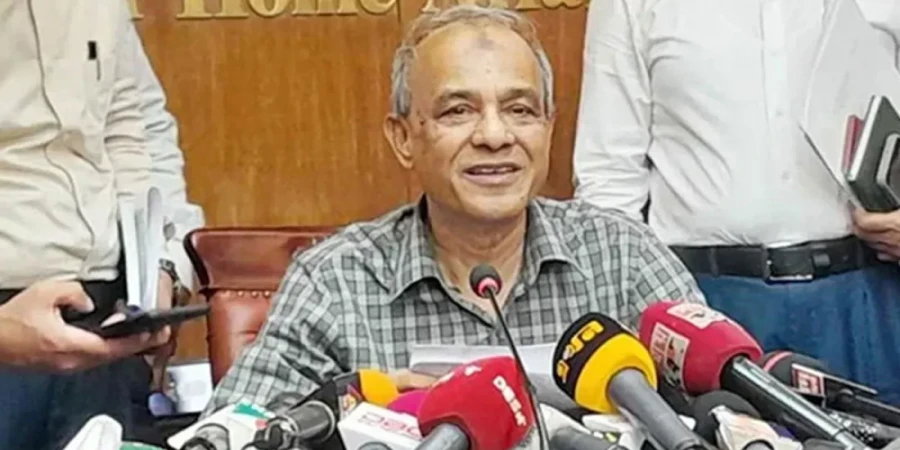
ছবি: Photo: Collected
Foreign Affairs Adviser Touhid Hossain has stated that Bangladesh is facing a diplomatic dilemma regarding the repatriation of Rohingya refugees, with the Arakan Army posing a significant challenge to the process. He made the remarks on Friday, April 18, during his address to diplomats and foreign service officials in observance of Foreign Service Day.
Touhid Hossain elaborated that the presence and activities of the Arakan Army in Myanmar’s Rakhine state have created a major barrier in initiating any meaningful repatriation of Rohingyas. Bangladesh currently finds itself in a dual bind, unable to either engage directly with the Arakan Army or ignore their growing influence in the region. He suggested, however, that for the sake of national interest, it may be necessary to open dialogues with unofficial or non-state actors if it contributes to resolving the crisis.
The Foreign Affairs Adviser emphasized that the current situation demands practical diplomacy and flexibility in approach. He underlined the complexity of the Rohingya issue, which not only affects bilateral relations with Myanmar but also bears consequences for internal security, regional stability, and international reputation. The challenge has been further exacerbated by the shifting power dynamics inside Myanmar, where the Arakan Army has gained increased control in parts of Rakhine State, making it difficult for any central government mechanisms to assure the safe and voluntary return of the displaced Rohingyas.
Addressing diplomats and embassy staff, the adviser called for prioritizing the resolution of problems faced by Bangladeshi expatriates. Despite existing constraints within embassies, he stressed that missions abroad must strive to deliver essential services efficiently. Touhid Hossain noted that the first step toward effective service is acknowledging and addressing the most common issues encountered by migrant workers and expatriates, particularly those originating from within Bangladesh itself.
He highlighted that a significant portion—up to 80 percent—of the difficulties experienced by Bangladeshi workers overseas originate from systemic shortcomings at home, such as lack of proper training, misinformation, and inadequate pre-departure orientation. As a result, many of these problems are later inherited by the diplomatic missions, increasing the burden on embassy staff. According to him, equipping migrant workers with proper training and education before their departure could significantly reduce the incidence of such problems and, in turn, ease the operational pressure on foreign missions.
Touhid Hossain also touched upon the economic significance of migrant workers’ contributions, particularly in terms of remittances. He stated that while Bangladesh’s exports were valued at only one billion dollars during the 1980s, the figure has now risen to over sixty billion dollars. A portion of this economic success, he said, can be attributed to the support and involvement of embassies abroad. Despite limited resources and capacity, approximately ten million Bangladeshi expatriates continue to send remittances to the country, playing a vital role in national development.
Reflecting on the historic role of the foreign service, the adviser recalled its critical contribution during the Bangladesh Liberation War in 1971. He reminded officials that on April 18 of that year, the foundation of Bangladesh’s diplomatic mission was laid with the establishment of a Deputy High Commission in Kolkata, which started operations with just 65 officials and staff members. From there, Bangladesh’s international diplomatic campaign began, aiming to garner global support for its independence movement.
Touhid Hossain concluded his speech by encouraging members of the foreign service to uphold their responsibility not only as representatives of the government but also as facilitators of the rights and welfare of Bangladeshi citizens abroad. He urged the foreign missions to maintain strong communication with the expatriate communities and to innovate new approaches that adapt to the changing global and regional geopolitical landscape.
repoter






